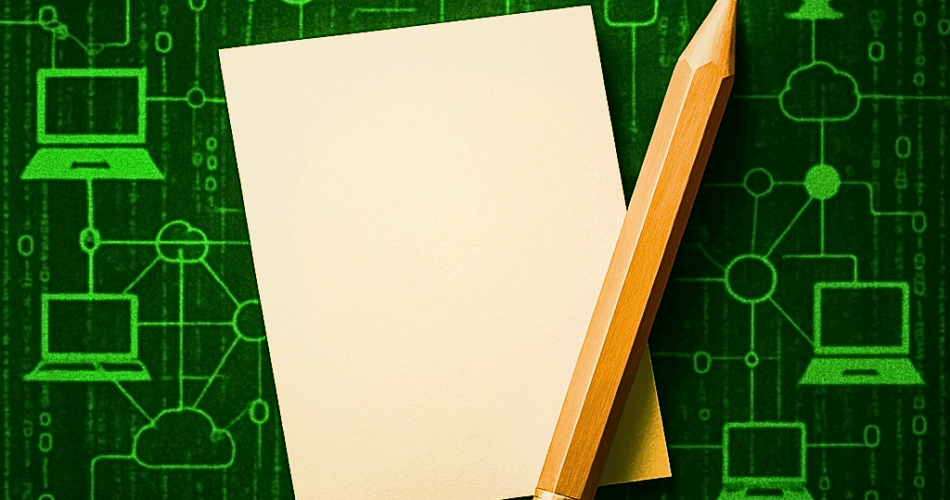Introduction
I am pretty sure most of you are using either ChatGPT or some other LLM like Gemini or Grok for drafting your legal notices, emails, and petitions. Also, the general feeling among users is that LLMs (Large Language Models) are developing incredibly fast and are becoming increasingly better at doing complex tasks.
So, what is the future of legal drafting for lawyers? Will all forms of legal writing be taken over by LLMs in the future? Will legal drafting become a redundant skill? To answer these questions, we need to understand the nature and extent of change that has been brought to the field of legal writing by LLMs. LLMs are predominantly used in legal writing for the following purposes: –
| Legal Drafting | Document Review and Contract Analysis | Case Summarization | Legal Translation |
| Argument Formulation and Predicting Legal Outcomes | Client Communication | Preparation of Training Materials | Legal Research |
The argument in favour of LLMs is that for all the above-stated eight tasks/purposes, the LLMs have become shockingly good. No doubt they have. But does it mean that there is no scope for human ingenuity left in this field? I wholeheartedly disagree.
Social Nature of Law
What humans can do in terms of legal drafting, interpretation, research, etc., is priceless. Legal process stems from humans and ends at humans. Even though it is a heavily text-based and reasoning-based process, it is the sociology of law that plays a very important role in determining the outcomes and experiences.
I don’t want to make predictions about what will happen in the next few years. The uncertainty of current times must be acknowledged. AI is a disruptive force, and it is definitely changing the way we look at the world or the way we work. But will it make lawyers redundant? No. Will it replace the core legal tasks performed by humans? No. LLMs will always assist with these tasks.
Any half-smart lawyer knows that the arguments generated by LLMs are good at first blush but on a deeper scrutiny, they tend to falter or become obstruse. Similar is the situation with other highly skilled professional fields too. LLMs are just tools.
Don’t buy Paid Subscriptions
Imagine how the world of lawyers changed with the advent of laptops and computers. Before that, typewriters were the smartest things a lawyer could use. Today, we have LLMs, and in the future, we will have robots. In fact, robots have huge potential to take over a lot of lawyering work in the future. But let us save that discussion for some other day. For now, my only request is not to waste any money on buying LLM subscriptions.
Almost all the free LLMs available in the market are pretty good. Despite hefty claims, there is no single LLM in the market that is miles ahead of its competitors. Be it ChatGPT or Grok or Gemini, they are marginally better than each other in some respects.
Like other markets, when the dust settles, the AI market too will be left with only refined products in the future. Right now, the products are buggy and scrappy. And it makes absolutely no sense to buy any kind of LLM subscription, especially if you are not a power user or an engineer or a scientist.
Concluding Remarks
Grow and nurture your legal skills. Rather than relying on half-baked products and becoming confused, it is simply much better to take recourse to AI as little as possible. I know it’s easier said than done, the temptation and the urge to use them is pretty strong, but don’t blame these LLMs later on if they fail you in the future.


This web site really has all of the information and facts I needed about
this subject and didn’t know who to ask.
Thank you for the words of appreciation. 🙂
I think the admin of this web site is actually working hard in favor of his web site, for the
reason that here every data is quality based information.
Thanks for the kind words. Will strive to put quality content here. 🙂
WOW just what I was searching for. Came here by searching for Find out here
Thanks for the words of appreciation.
Howdy just wanted to give you a brief heads up and let you know a few of the pictures aren’t loading correctly.
I’m not sure why but I think its a linking issue. I’ve
tried it in two different browsers and both show the same
results.
Thanks for pointing it out. Looking into it.